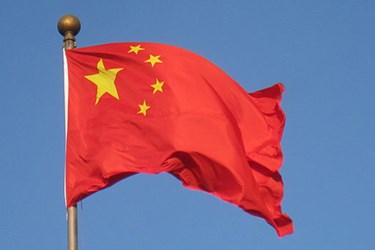China Tightens Medical Device Regulations, Ratchets Up Fines

By Ryan Brinks
Greater scrutiny of medical devices and heftier fines for violations are coming to China in June, as government leaders there crack down on a booming industry rife with corruption.
The new wave of regulations replaces decade-old rules that are no longer keeping pace with market growth, according to recent news from Reuters.
Among the most prominent changes is the increase in potential fines for illegally manufacturing or selling medical equipment. The fines, which were originally capped at 5 times the value of the goods, could reach up to 20 times the goods’ value.. At their extreme, the new regulations could impose a five-year ban from applying for operating licenses.
Makers of medical devices in the Chinese market have previously been penalized for corporate malpractice by U.S. authorities. The triggers for repercussions will now also include operating without licenses and misleading regulators, Reuters reported.
The new rules will operate on a tiered scale of severity, based on the exposure of risk to patients. There will also be reinforcements made to the monitoring and recall systems.
“In recent years, we've seen some issues of illegal behavior, and the legal foundation for striking back has not been clear enough. To resolve the problem, we needed a complete revision of the existing legislation,” said government officials in a document published on the State Council's website, as reported by Reuters.
As the risks for medical device companies increase, so do the opportunities.
The Reuters article also cites Global Data research projections indicating that the medical device market in China has the potential to double to $50 billion by 2020. According to the South China Morning Post, that growth would coincide with a surge in overall healthcare spending, which is projected to increase from $357 billion in 2011 to $1 trillion by 2020.
“China's health care reform has generated demand for more and better health care, with opportunities for private and overseas investment,” said Huang Yanzhong, senior fellow on global health at the U.S. think tank Council on Foreign Relations, in the Morning Post article.
That reform includes more flexibility for market forces and stronger public health services, including universal health insurance and fewer restrictions on foreign investment in Chinese healthcare companies.
“The heightened scrutiny of the health care sector, which is expected to continue in the coming months, will make the China market more complex,” said Xiaoqing Lu Boynton, director of the international strategy company Albright Stonebridge, in the Morning Post article. “It is important for foreign companies to focus on their compliance efforts to minimize risks.”
